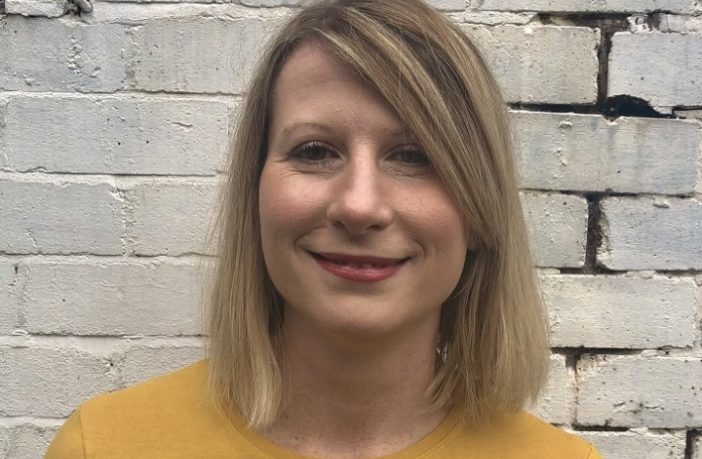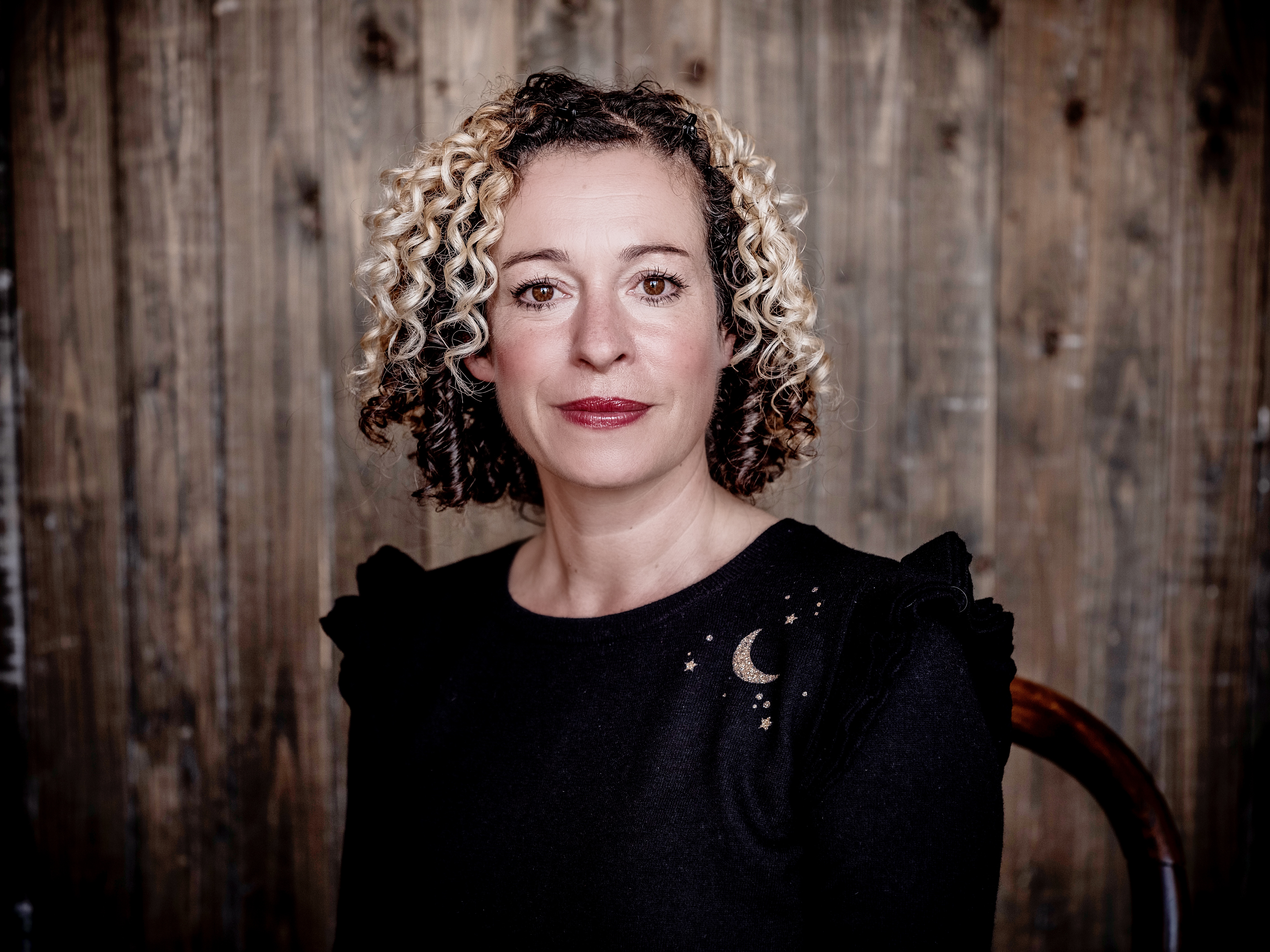As the director of an organisation that speaks on behalf of the entire cultural sector of the West Midlands, Erica Love is well placed to understand the impact COVID-19 has had on the arts. Jenny Amphlett spoke to her about the future of arts in the Midlands.
In her role as director of Culture Central Erica Love speaks out for organisations, individuals and freelancers across all forms of arts, culture and heritage.
Erica’s job was always going to be a big task, but became even more so when the pandemic hit and Culture Central, which was originally just for the Birmingham area, widened its remit to cover the whole of the region.
“We’re a cultural sector support organisation, a collective voice for the sector,” says Erica, a former project director of the Appetite programme in North Staffordshire. “We lobby for support for the sector and bring people together to collaborate, for example on ideas around reopening strategies.
“We were one of the first sectors to have to close our doors and one of the last to be able to reopen again on any scale.”
Erica, who is from Stoke-on-Trent, is keen to stress that there have been some very definite positives to emerge for her industry over the past 12 months.
“Good things have come out of it, such as digital opportunities. There have been more than 2,000 digital arts events in the West Midlands, and that’s just from the organisations that we’ve got information from.
“There’s been a shift in the way people work, a change in the speed at which they have to get things happening. People have also come together to try to support one another through this time.
“There have been real challenges, particularly for freelance parts of the workforce who have been significantly affected.”
Indoor performances are due to resume from May 17, but Erica is not convinced that date will work for all of the groups she represents and believes that social distancing rules will run through to the summer.
“The great thing is that a huge amount of work was put into reopening plans last autumn, so organisations and venues are really well prepared for thinking about masks and social distancing.
“They’ve already thought about how to rehearse safely and how to keep audiences and participants safe. We know that arts venues are going to be extremely safe places.
“One of the real strengths of our region is that it can work together so well.”
Rather than dire predictions of financial doom and gloom, Erica is focussing on the opportunities the Midlands has over the next few years including Coventry’s City of Culture status and the Commonwealth Games.
“We know just how important the arts and cultural activities are not just for mental health and wellbeing but also in bringing people back into cities and town centres,” she says. “It’s a way for people to spend time with family and friends and to support their community.
“Hopefully we’ll see a huge take-up for what will be on offer culturally and people will also come to realise what’s available in our wider region as well.
“We have some amazing venues and organisations, festivals, performances and artists.”
Erica doesn’t expect the new digital aspect of the arts to disappear completely, with some organisations choosing to embrace both old and new ways of working.
“DanceXchange and a few other organisations have said that although they will reopen studios they will be looking to stick to some of their online activities.
“The past year has allowed them to reach people who would not necessarily have been able to come to their studio. I definitely think a lot of that will happen.
“We might see shows happening in front of audiences but also being live streamed as well. It’ll be about retaining the positives from the past year.”




